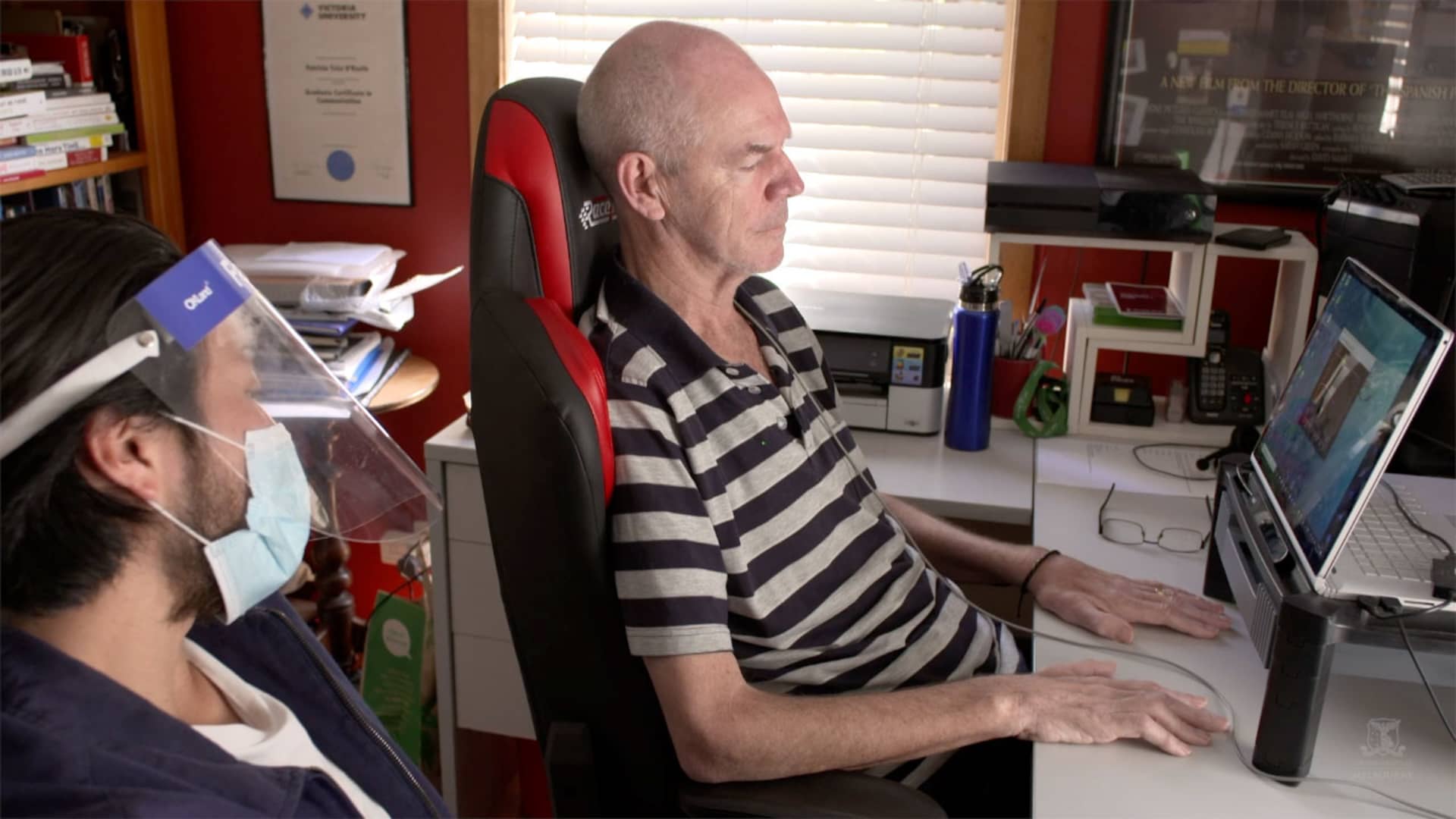Neurotech startup Synchron is ramping up production of its flagship brain-computer interface to prepare for commercial demand, as the company inches closer to bringing its device to market.
Synchron announced Thursday that it has acquired a minority equity stake in the German manufacturer Acquandas, which has the unique ability to layer the metals that make up one component of the company’s implant.
As part of the deal, Synchron will get exclusive access to Acquandas’ layering technology for medical devices, and Synchron’s CEO Tom Oxley and CTO Riki Banerjee will join the manufacturer’s board.
Founded in 2012, Synchron has developed a brain-computer interface, or a BCI, called the Synchron Switch. The stent-like device is inserted through the patient’s blood vessels, and it allows people with limited physical mobility to operate technology like smart home devices and cursors with their mind.
During initial studies, Synchron has so far implanted six patients in the U.S. and four patients in Australia. The company will have to carry out additional trials that demonstrate the safety and efficacy of its device before regulators in the U.S. Food and Drug Administration grant approval for broader commercialization.
Oxley said Synchron has worked with Acquandas for years, but the official partnership will help the company continue to innovate around implantable neurotechnology and scale to address a “very large unmet need.”
“There are millions of people with paralysis who we think are in need of this technology, and we’re preparing to produce in high volumes,” Oxley told CNBC in an interview.
Synchron declined to share the specific size of Synchron’s stake in Acquandas or the exact number of devices it is producing.
As the company is working to ramp up its manufacturing, it is also hoping to gauge interest from more prospective patients. Synchron is planning to launch an official patient registry in mid-February that will allow patients with limb or motor impairment to stay updated about trials and share details about their needs.
“We wanted to create a mechanism where people could express interest, and it’s going to help us shape the consideration for which clinical sites across the US we focus in first,” Oxley said.
Although Synchron still has a long road ahead, the company has already caught the attention of powerful investors and competitors.
In 2022, Synchron announced a $75 million financing round that included funding from the investment firms of both Microsoft co-founder Bill Gates and Amazon founder Jeff Bezos. Tesla and SpaceX CEO Elon Musk, who owns the BCI company Neuralink, asked a number of questions about Synchron during a meeting with Neuralink executives and engineers in July 2022, according to a report from Bloomberg.
Like many other BCI companies, Neuralink’s system is designed to be implanted directly into a patient’s brain tissue through open brain surgery. By inserting a BCI directly into the tissue, the quality of the neural signals should be strong, but the nature of the procedure makes it inherently riskier.
Musk announced that Neuralink implanted its device in a human for the first time on Sunday, and that the patient is “recovering well,” according to a post on X.
Synchron relies on a less-invasive approach for implanting its BCI that builds on existing endovascular techniques. The company’s stent, called the Stentrode, is fitted with tiny sensors and, after insertion, is delivered to the large vein that sits next to the motor cortex.
Since Synchron’s BCI isn’t inserted directly into the brain tissue, the quality of the brain signals is not as strong, according to the company. But the team believes the minimally invasive nature of the procedure will ultimately make it more accessible.
“We should be far exceeding the Stentrode,” Musk said at Neuralink’s July meeting, according to Bloomberg. “And they are currently kicking our a**.”
